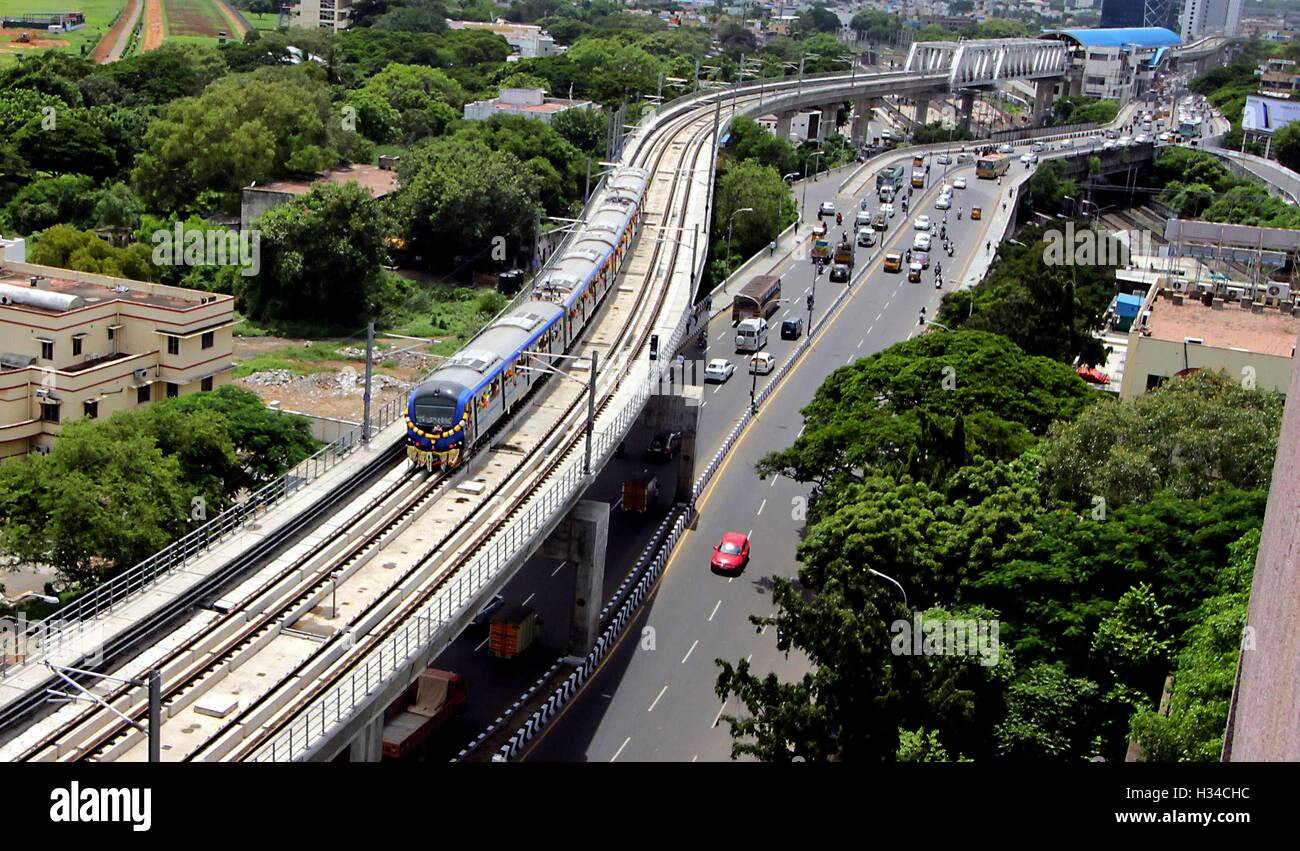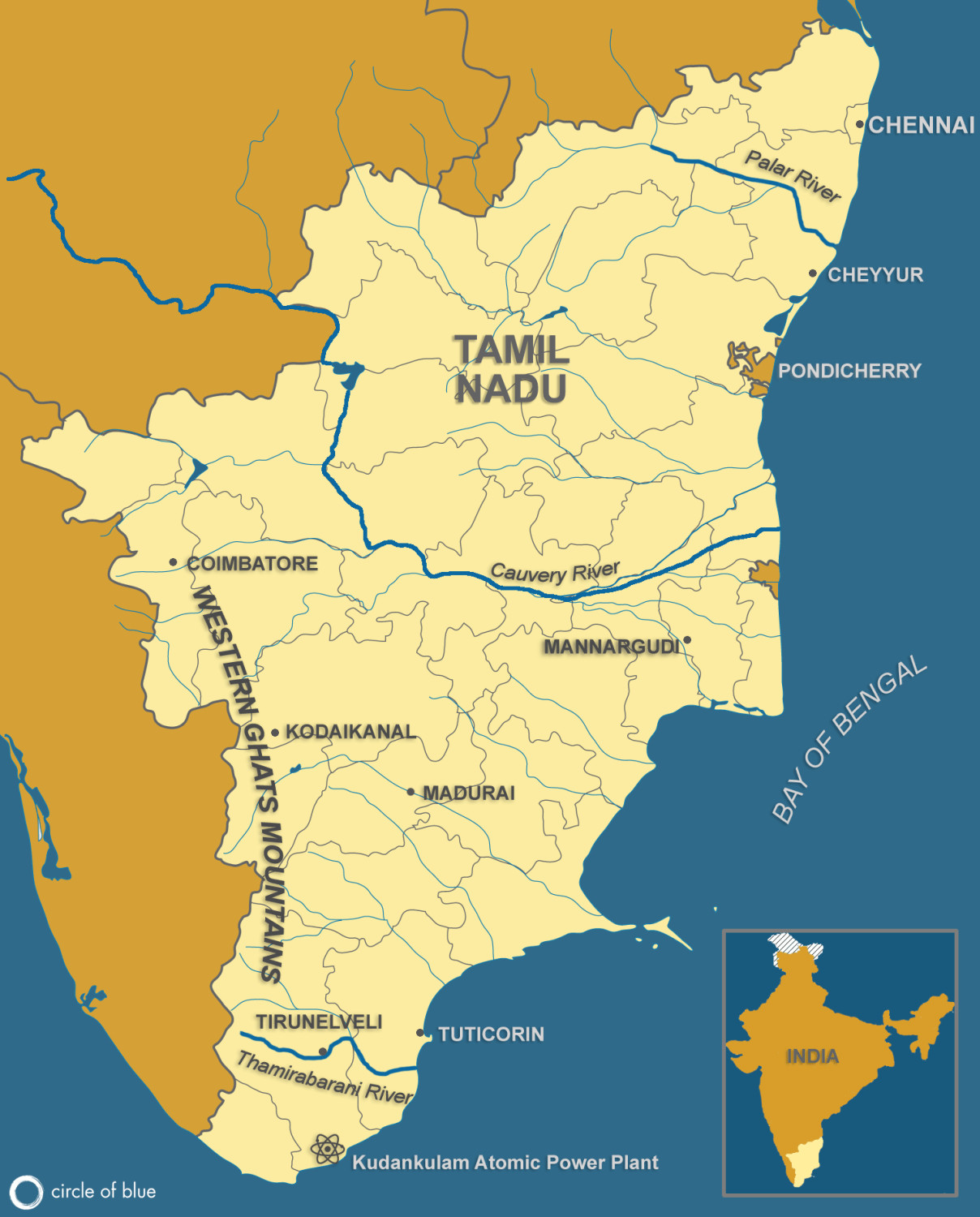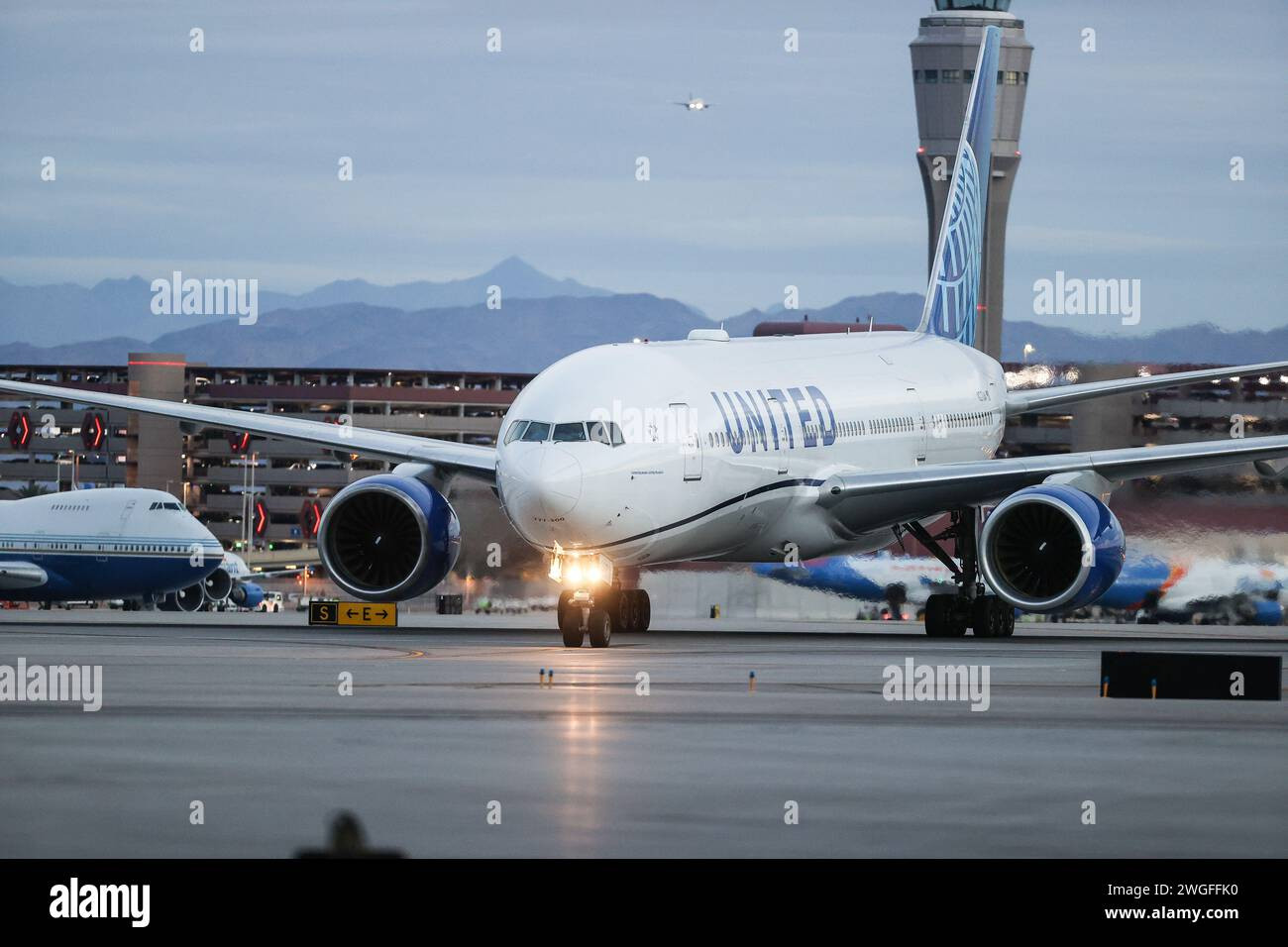A Transit Point for Global Drug Syndicates
Tamil Nadu has emerged as a crucial transit point for international drug syndicates trafficking the banned narcotic methamphetamine (meth) and its precursor pseudoephedrine. The shipments are primarily headed to Sri Lanka, Malaysia, and Australia, where demand is high, according to recent investigations by Indian authorities. This burgeoning drug trade poses a significant threat to regional stability and public health, prompting urgent action from authorities across the globe.
The Growing Meth Trade
The Narcotics Control Bureau’s (NCB) Chennai zone has witnessed a stark increase in meth seizures destined for Sri Lanka. Seizures jumped from 12kg in 2021 to 66kg in 2022, reaching 81kg in 2023. This significant rise highlights the expanding scope of the transnational drug trade through Tamil Nadu.
The NCB and the Directorate of Revenue Intelligence (DRI) in the Chennai zone have already seized 57kg of meth in 2024, with a street value of Rs 360 crore, across just four cases. In each case, the meth was sourced from Myanmar and headed to Sri Lanka. The most recent bust involved the DRI seizing 10kg of meth last week, leading to the arrest of six individuals and the dismantling of an international drug syndicate.
A Lucrative Business
Methamphetamine trafficking is a highly profitable business, with officials estimating the drug’s price ranging from Rs 50,000 to Rs 1,00,000 per kilogram in Manipur, rising to Rs 7 lakh in Chennai, and multiplying several times more in markets like Sri Lanka and Malaysia. The NCB estimates the drug’s street value at Rs 10 crore per kilogram, while the DRI places it at Rs 5 crore.
The Supply Chain: From Myanmar to Sri Lanka
Investigations have traced the methamphetamine supply back to Myanmar, a part of the infamous Golden Triangle along with Thailand and Laos. The drug is smuggled across the India-Myanmar border into Manipur, from where it is transported to Tamil Nadu via human carriers, primarily using trains.
Upon reaching Tamil Nadu, the narcotics are concealed in vehicles and transported to coastal towns like Rameswaram, Thoothukudi, or Nagapattinam. From there, the meth is moved across the porous maritime border to Sri Lanka through mid-sea transfers conducted by local fishing boats.
The Role of Sri Lankan Tamils
Officials have uncovered the involvement of Sri Lankan Tamils living in Tamil Nadu’s cities and refugee camps, who are employed by drug syndicates to facilitate the trade. Locals from Manipur are also playing a key role in the trafficking operations. This illicit trade has seen a noticeable increase in the last five years.
One notable case involved a vegetable trader from Koyambedu, Chennai, with trade links to Sri Lanka, who was arrested in connection with a recent meth seizure. Another accused in last week’s DRI bust was a Tamil man who had spent his school years in Manipur before moving to Tamil Nadu.
The Importance of Moreh
Investigators have identified Moreh, a town in Manipur located near the India-Myanmar border, as a key transit point due to its Tamil community. In 2023, the NCB arrested three Tamils in Imphal during a 4kg meth seizure in Tamil Nadu, which later led to an 11kg seizure in Manipur — the largest by the agency that year.
Following that case, authorities have been examining links between the Tamil community in Moreh and a syndicate based in Red Hills, Chennai. Sri Lankan Tamils are particularly valuable to these drug operations as they are familiar with the terrain and play a pivotal role in coordinating mid-sea transfers and facilitating hawala payments. Manipur locals, meanwhile, assist syndicates in navigating the complex smuggling routes along India’s northeastern border.
Low Consumption in Tamil Nadu
Despite the scale of these trafficking operations, methamphetamine consumption in Tamil Nadu remains low. Local users of high-end drugs typically prefer cocaine or LSD, according to officials.
The ‘Yellow Tea’ Connection
In another significant development, the seizure of meth packaged in “Yellow tea” packets with Chinese markings indicates that global drug syndicates in Southeast Asia and Australia are involved in these operations. This packaging style has become a trademark of the international drug trade, with seizures occurring in countries like Malaysia and the Philippines. The identical packaging of the drug in multiple seizures further emphasizes how Tamil Nadu has become a critical transit point for the global drug syndicates of the Golden Triangle — covering parts of Myanmar, Laos, and Thailand — which traffic the contraband to Sri Lanka, Malaysia, and Australia.
A Growing Problem in Sri Lanka
An answer to the spike in seizure of meth in Tamil Nadu lies in the official statistics of the Sri Lanka drug authority National Dangerous Drug Control Board, which indicates that methamphetamine has become the second most popular drug in the country after cannabis, surpassing heroin in 2024.
In January 2024, 195kg of meth was seized, more than twice the quantum seized in 2023, official data show. The number of persons arrested in meth cases has gone up from 2,073 in 2019 to 26,096 in 2023, according to an official publication of the Lankan government.
The Socio-Economic Impact
Political analyst N Sathiyamoorthy notes that the drug issue in Sri Lanka is a concerning trend, exacerbated by socio-economic factors. “Given the proximity to Sri Lanka, Tamil Nadu has become a transit point,” he said. This underscores the interconnectedness of regional drug markets and the complex social and economic factors that contribute to the spread of illicit substances.
A Multifaceted Challenge
The surge in methamphetamine trafficking through Tamil Nadu presents a multifaceted challenge that requires collaborative efforts from multiple agencies. Combating this illicit trade demands a coordinated approach encompassing law enforcement, intelligence sharing, and public awareness campaigns. The international nature of the drug trade necessitates international collaboration, with agencies across countries working together to dismantle the intricate networks of drug syndicates and curb the flow of illicit substances.
The Road Ahead
Tamil Nadu’s emergence as a key transit point for global drug syndicates underscores the urgency of addressing the drug trade in a comprehensive manner. By strengthening law enforcement, fostering international cooperation, and addressing underlying social and economic factors, authorities can combat the growing threat of methamphetamine trafficking and safeguard the well-being of communities across the region.
Key Takeaways
- Tamil Nadu has emerged as a major transit point for global drug syndicates, particularly for trafficking methamphetamine to Sri Lanka, Malaysia, and Australia.
- The drug is sourced from Myanmar, part of the Golden Triangle, and transported through a complex network of human carriers and transport routes.
- Sri Lankan Tamils play a crucial role in facilitating the trade, particularly in coordinating mid-sea transfers and hawala payments.
- The trade has seen a significant increase in recent years, with large seizures and arrests made by Indian authorities.
- The drug trade poses a serious threat to regional stability and public health, necessitating a coordinated response from authorities and international collaboration to dismantle the networks of drug syndicates.


















